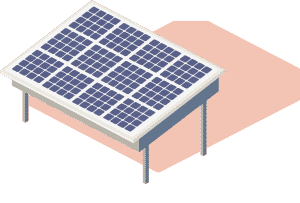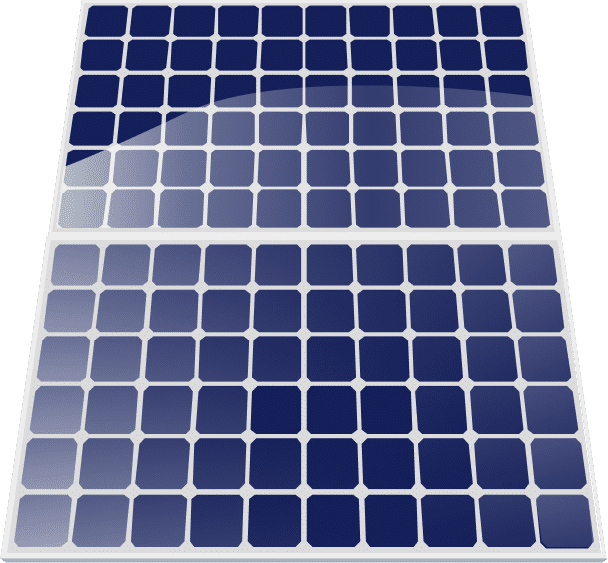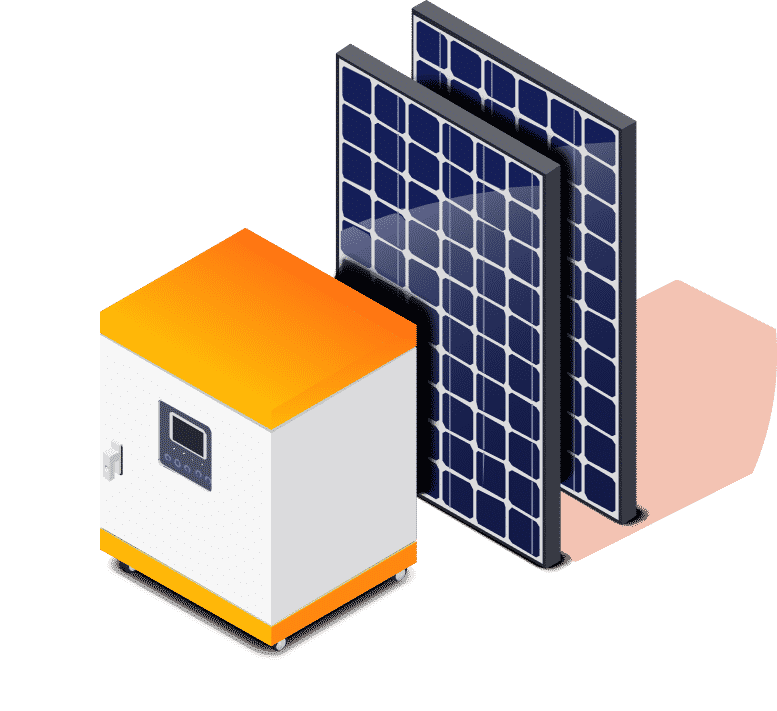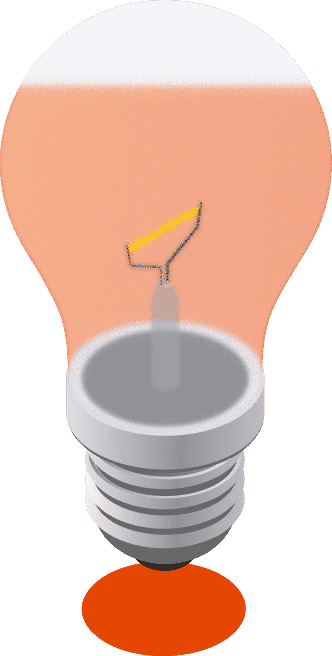How much is a Solar Lease?

How much is a Solar Lease?
Solar lease agreements allow homeowners to purchase solar panels within a manageable , hands-off manner. Simply put, you loan the roof of your home to an solar provider, and they lend you the necessary equipment to generate green, sustainable energy. This is how it works.
The contract you sign with a company that installs and maintains your solar system usually with a zero-down payment of $0. A fixed monthly payment is required to purchase the solar system from the company. It’s a lot like financing a vehicle. You may not notice an enormous difference in your monthly electricity bills because these charges are identical to your previous monthly electric bills.
Your monthly lease payments may increase over the term of the lease. This is due to future increases in energy prices. Your provider will probably restrict the rise to 3%. You will be able to save money even if your utility rates increase. But, it’s important to understand all the definitions. Contact your solar company for clarifications if you are unsure.
A local, experienced solar energy firm, such as Texas Solar Group, can install and maintain your solar panels. They may offer insurance and additional warranties. It is important to carefully study the conditions. In certain cases it is still your responsibility for replacing damaged equipment.
Solar Leasing Contracts
It is crucial to study and comprehend the terms prior to signing an agreement to lease. Below are some suggestions and terms to consider when leasing solar panels.
- Down payment – Is there a cost for signing the contract? At installation? On inspection? Leases typically require zero down payment by Texas Solar Group.company.
- First monthly payment - What is the initial monthly cost? Lease agreements may provide the option of prepaying some electricity to reduce the monthly payment. It’s similar to the way you finance the purchase of a car.
- Cap on rate – electricity rates increase by between 2% and 5% every year. The amount you pay Texas Solar Group supply power can increase slightly every year. The increase is limited by your lease agreement. You will see that your monthly payment does not increase more than a fixed percentage. This usually ranges from 1% to 5%.
How long will the lease term be and what happens when the contract expires?
Traditional solar leases generally last between 20-30 years, which is roughly the lifetime of the solar panel.
Your options at the end of the initial lease period includes renewing the contract for 1-10 years, upgrading to a more efficient solar panel system , and then signing a new contract, or getting rid of the panel.


Advantages and Disadvantage to leasing solar panels
Advantages
Leasing solar panels means that you can replace every month’s utility cost by making each month a lease payment. It is also not necessary to make any upfront cash payments. There are a little or no solar installation charges and maintenance fees. You could also reap the benefits of solar panels to offset other utility expenses including heating your home by using solar energy solar pool heating, solar pool heating and solar hot water heater installation.
Another advantage of installing your new solar energy system is the ability to choose the kind and size of the solar panels, mounting design, and dimension of the inverter.
Disadvantages
Leases usually mean that you do not have the option of buying when you are finished. Leasing can also mean you lose out on the benefit of selling electricity using Texas Solar Group metering. This means that you’ll need to sell any electricity you consume to the neighborhood utility provider.
Be aware that not all leases will be in the exact location as your home. Before leasing, it is recommended to conduct some research on the sun number for your home.

Buying Solar Panels
There are two ways to buy solar panels. Either you can pay in cash or obtain loans. The loan allows you to pay for the construction of solar panels. The loan will be repaid from the lending institution in the same manner as a mortgage.
Costs for purchasing solar panels: A typical solar panel can cost anywhere from \$15,000 to \$40,000. It depends on the home size, the kind of solar cells you select as well as the firm you purchase them from, and many other elements. The interest rates on loans are between 3 and 8 percent. It is important to remember that there are a variety of state-wide solar tax incentives available that can significantly reduce the cost of installation like the 30 percent residential Renewable Energy Tax Credit. This tax credit is only available to systems that have been purchased before December 31 of 2016.
The biggest benefit: Purchasing solar panels is one type of investment that promises the possibility of a profit. Solar panels can enhance the value of your home, and if you live within your home for the next couple of decades, you will be able to easily recover the cost of energy savings.
Biggest con Solar panels are an investment. It is necessary to make an amount of money in the beginning. To get a system fully funded it will require at minimum $15,000 (or the amount that your system is worth). Many families don’t have the money to pay in one lump amount. Instead, you could take a loan. However, interest will be added to your account.
Should I Buy my Solar Panels? If you’re in a position to pay purchasing your solar panels is better. You’ll earn back what your money costs in time, and your home will be more valuable if you choose to sell.
Solar Panels for Lease
Two options are available to lease solar panels. You can choose to either lease or a solar power purchase agreement (PPA). There is one significant difference between the two, solar lease agreements can be comparable to PPAs. The solar lease agreement stipulates that you will pay a fixed monthly rental to take advantage from the system of solar power. It also allows you to lower your energy bills. PPA refers to the agreement to purchase the energy generated from the systems. Texas Solar Group offers multiple options , while other companies, such as NRG offer only one.
It is possible to lease solar panels for a price that ranges between $50-$250 per month. While some companies require a down payment, Texas Solar Group permits you to begin leasing programs by providing an agreement with a zero-down payment. Similar to obtaining a loan to purchase a system, monthly fees are determined by many variables, including the amount of power you consume, where you live and the credit rating of your. Solar energy systems that are leases are not qualified for tax rebates or incentives.
The best thing about leasing solar panels is you are able to immediately reap the benefits of energy savings and have a small down amount to pay. This is an excellent option if you need to cut down on your energy costs and are unable to afford a full system or aren’t eligible for a loan.
The biggest con is that you should not make plans to sell your home prior to when the lease expires. The prospective buyer will need to sign a solar lease. You might also need to pay off the lease before you sell.
Should I lease my solar Panels? The leasing of solar panels can be a great option if you are looking to make things easy and cost-effective. It’s not required to pay an enormous amount upfront, or worry about how the solar system might alter your tax returns.
What are the various types of solar leases that are available?
There are three types:
- Finance for lease (or capital)
- Lease agreement
- Agreements to purchase solar power (PPA)
Capital Lease
Capital leases are usually for business or commercial use. The monthly payments are made to an institution that lends money. Then, you are able to buy the solar panels. The standard solar lease term lasts between 5-15 years, but you can extend it up to 20 years. Individuals who have a solar lease may be eligible for tax credits or cash rebates.
Example
A 30% federal tax credit can be earned through an investment in solar panels. This allows you to take 30% off the cost of installing solar panels.
A capital lease comes with additional benefits, for example:
- Leases affect the credit score of the company, which can affect the rate of interest (usually fixed).
- Tax deduction for the interest portion of the lease
- The loan is usually secured by solar panels as an asset.
- As an asset, solar system’s assets are listed in a business’s or person’s balance sheet.
- The rates of interest for collateralized loans are often more than other types.
Operating Lease
Operating leases mean that the lessor is the true proprietor of solar systems, while the lessee pays monthly fees to use the panels. The lessor enjoys deductions, tax credit, and other benefits.
Example
The down payment isn’t necessary for a solar panel lease. This is a boon to individuals or businesses that don’t have a lot of tax liability.
A solar lease is a good option if you are unable to avail tax credits like the Federal Investment Tax Credit because of limited income. Think about how much your electricity rates may rise if you include a clause for payment escalators into the solar lease.
If the costs of your energy rise faster than the annual increase, your solar lease could cost you more.
Purchase Agreements for Solar Power (PPAs)
PPAs (also known as Solar Power purchase agreements are like operating leases however, there is one major difference.
Instead of paying a rental cost on the solar panels, and the power it generates, you only pay the amount the solar panel produces. The cost per kilowatt hour will range from 10-13 cents for an hour.
How does a solar lease compare to buying a solar power system?
There are many variables that could influence your choice. Texas Solar Group can help you make the right decision. Texas Solar Group offer online quotes.
Texas Solar Group can assist youwhether you wish to own your equipment or make monthly lease payments. We have provided some statistics and products and services that can assist you in making a decision.
Buying Solar Panels cost
Imagine a home that has an energy usage of around 600 kWh per month in Garland. A 5-kilowatt power system would be needed to power the home. The homeowner can save up to 50% when purchasing an entire house for $15,000
It could take up to 5 years for the purchase to be fully paid off thanks to a federal tax credit as well as numerous incentives and rebates offered by the location.
Solar Panel Lease Cost
A 10-year lease would cost $100 to $150 per month. That means you’ll pay between $12,000 to $18,000 per year. Solar panels are expected to be yours at the end of the term. A lease may lower the total cost of buying, but without the need to make an upfront payment.
To get a complete assessment of your home and its surroundings, you can use the solar calculator. It can calculate the expenses and savings associated with installing an energy-producing solar system in your home.
Before deciding whether to lease or Buy your Solar Power System
Consider the pros and cons of your financial situation and solar goals to determine if buying or leasing is better for you. Texas Solar Group can help you determine the best option in case you are still having trouble. Whichever option you pick to lower your energy costs and improve the environmental sustainability of your home is just an easy step away.
GET YOUR FREE PROPOSAL IN A FEW EASY STEPS
Fill out the form and our sales consultant will contact you! Once you’ve had your initial consultation, you’ll begin your solar journey.
